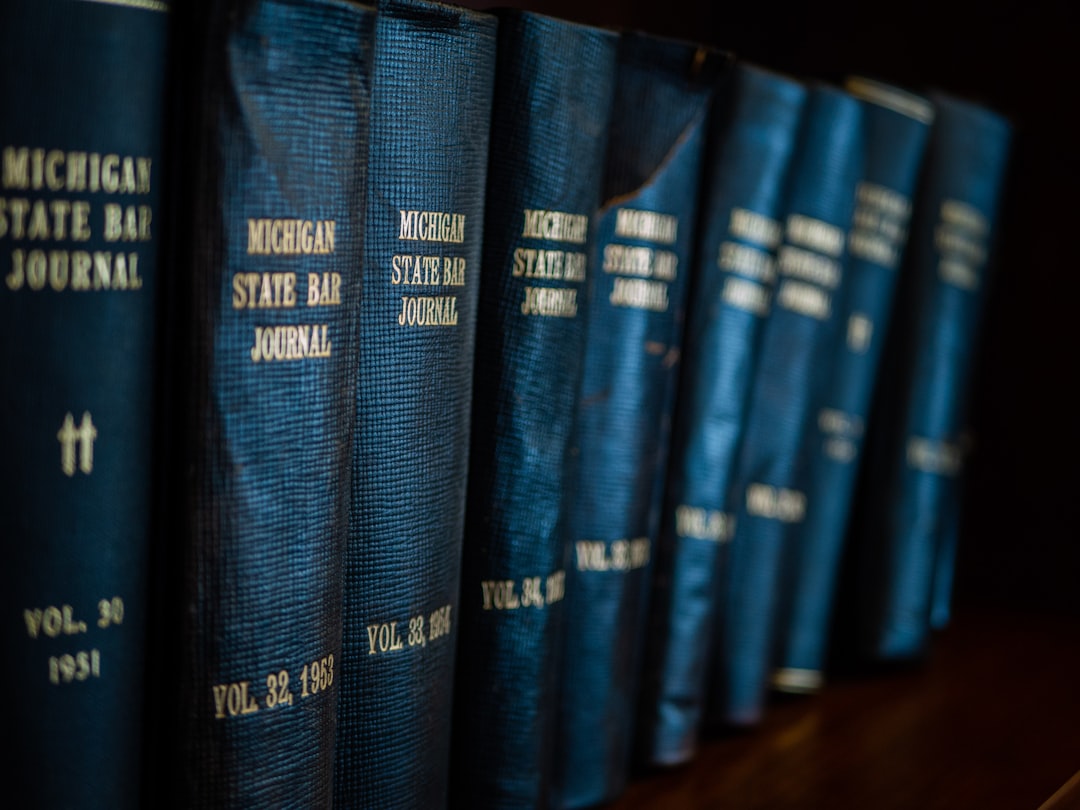In sexual assault cases in Wichita, KS, DNA evidence is crucial but requires meticulous handling by skilled lawyers who understand its intricate collection and analysis. Admissibility is challenged due to high stakes and strict reliability requirements, making expert witnesses from molecular biology and forensics invaluable for interpreting complex data. Recent trials highlight the fallibility of DNA evidence, emphasizing the need for strategic legal representation to protect client rights and ensure fair trials. Sexual assault lawyers in Wichita KS scrutinize chain of custody, testing methods, and potential contamination sources to navigate these intricate issues effectively.
“In the pursuit of justice, DNA evidence holds immense power in sexual assault cases. However, its admission and interpretation in courts, particularly in Wichita KS, face unique challenges. This article delves into the intricate world of DNA analysis in sexual assault trials, exploring critical issues that often arise. From understanding the evidence to analyzing expert witness roles, it examines controversial case studies. Furthermore, it offers insights into legal strategies employed by sexual assault lawyers in navigating these complexities, ensuring fair outcomes for victims.”
Understanding DNA Evidence in Sexual Assault Cases

In sexual assault cases, DNA evidence plays a pivotal role in gathering facts and presenting them in court. This biological evidence can be collected from various sources at the scene or on the victim’s person, such as hair, saliva, skin cells, or bodily fluids. A skilled sexual assault lawyer in Wichita, KS, understands the intricate process of collecting, preserving, and analyzing this evidence to ensure its admissibility and reliability.
When presented correctly, DNA evidence can provide concrete links between the accused and the crime scene, offering a compelling argument for prosecution. However, it’s crucial to recognize that human error or potential contamination during collection or analysis could compromise the integrity of such evidence. Therefore, experienced lawyers in Wichita also scrutinize the handling and testing procedures to ensure the accuracy of DNA results, protecting their clients’ rights throughout the legal process.
Challenges in Admitting DNA Evidence in Wichita Courts

The admission of DNA evidence in sexual assault trials is a complex process, and Wichita courts face unique challenges. With the high stakes involved in such cases, ensuring the reliability and validity of DNA results is paramount. However, several factors can complicate this process. For instance, proper collection and storage protocols must be rigorously followed to avoid contamination or degradation, which could render evidence inadmissible.
Moreover, sexual assault lawyers in Wichita KS often scrutinize the chain of custody, as any breach could lead to questions about the integrity of the sample. The expertise of witnesses handling the evidence is crucial, as missteps can introduce errors or biases. These considerations necessitate a meticulous approach to preserve the evidentiary value of DNA tests, ultimately ensuring justice for victims while protecting the rights of the accused.
The Role of Expert Witnesses in Discrepancy Analysis

In cases where DNA evidence plays a significant role, such as in Wichita sexual assault trials, expert witnesses become indispensable. These specialists possess an in-depth understanding of molecular biology and forensics, enabling them to analyze and interpret complex scientific data. They play a crucial role in identifying discrepancies between expected and actual test results, offering insights that may challenge or strengthen the case.
By providing their expertise, these witnesses aid judicial bodies and sexual assault lawyers in Wichita, KS, in navigating intricate scientific matters. Their analysis can shed light on potential issues with collection, storage, or testing procedures, ensuring a fair assessment of evidence. This is particularly vital when dealing with sensitive cases like sexual assaults, where accurate interpretation of DNA results can significantly impact the outcome.
Case Studies: Controversial DNA Results in Wichita Trials

In recent years, several high-profile sexual assault trials in Wichita, KS, have highlighted the complexities and controversies surrounding DNA evidence. These cases serve as compelling examples of how even seemingly definitive scientific evidence can be subject to interpretation and challenge. For instance, a 2018 trial involving a rape charge saw the defense successfully argue that the DNA analysis was contaminated, leading to a not-guilty verdict despite strong circumstantial evidence.
Another notable case involved a sexual assault lawyer in Wichita KS who argued that the lack of proper storage conditions for DNA samples compromised their integrity. The lawyer presented expert testimony suggesting that the samples could have been tampered with or degraded over time, casting doubt on the prosecution’s central piece of evidence. This strategic move resulted in a hung jury, underscoring the significant impact a skilled legal team can have when challenging DNA evidence in Wichita sexual assault trials.
Legal Strategies for Addressing DNA Evidence Issues

When facing challenging DNA evidence in sexual assault trials, a skilled sexual assault lawyer Wichita KS employs strategic tactics to protect their client’s rights and ensure a fair trial. One common strategy is to question the chain of custody, ensuring that the evidence was properly collected, stored, and transported without contamination or tampering. This is crucial as any breach in protocol can render the DNA inconclusive.
Additionally, experts may challenge the reliability of the testing methods used, as different techniques have varying degrees of accuracy. They might also point out potential sources of contamination during collection, especially considering the sensitive nature of the evidence. Such legal maneuvers require a deep understanding of forensic science and the ability to interpret complex scientific data, which is why retaining a specialist in this field is invaluable for navigating these intricate DNA evidence issues.






